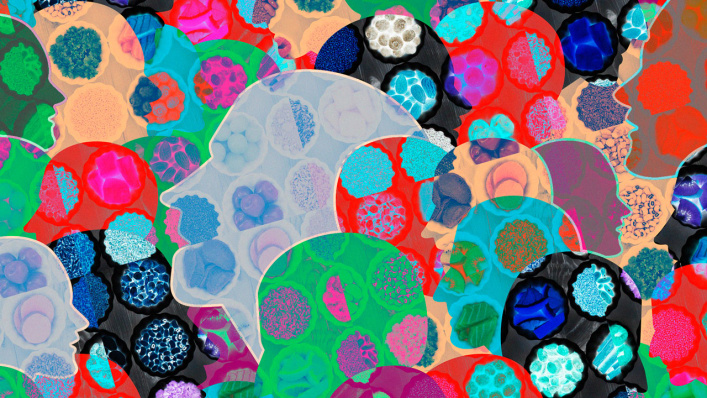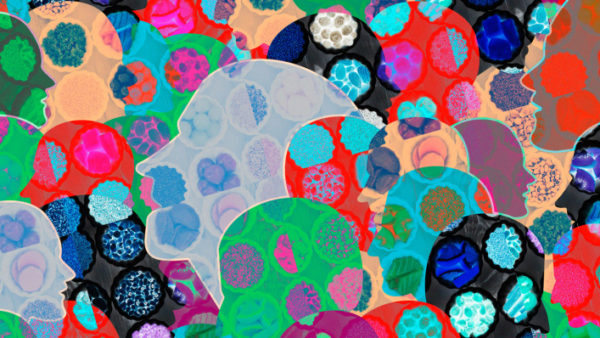
07 Oct Advice From Your Brain’s Personal Trainer
According to an article by Tara Swart in Fast Company, yes you need to drink more water. But you might also like to try some magnesium salts. What else? Read on.

[Source photos: Kubkoo/iStock, marilyna/iStock]
What did you eat for breakfast this morning? It matters more than you might think.
Anyone whose job depends on their body—like an Olympic athlete, builder, or ballet dancer—needs a diet to match; they might start the day with a slow-release carbohydrate to give them longer-lasting energy. But few people with “thinking” jobs sit down first thing in the morning and consider which foods and drinks will help them make good decisions that day, improve their focus, and reduce stress. And that’s a
Here’s what your brain needs more and less of in order to work at its best.What did you eat for breakfast this morning? It matters more than you might think.
Anyone whose job depends on their body—like an Olympic athlete, builder, or ballet dancer—needs a diet to match; they might start the day with a slow-release carbohydrate to give them longer-lasting energy. But few people with “thinking” jobs sit down first thing in the morning and consider which foods and drinks will help them make good decisions that day, improve their focus, and reduce stress. And that’s a mistake.
What we put into our bodies has a powerful impact on our brains, which only weigh 2–3% of our body weight but use up 25–30% of the energythat’s found in what we eat. Our brains need to be properly cared for in order to make sure we perform at our best. You’d never jump in your car and set off without filling up the tank or checking the oil. If you tried to, you wouldn’t expect to get very far. Our brains are similar: They need to be properly fueled and hydrated in order to run smoothly, and we shouldn’t expect optimal performance when they’re not.
Here’s what your brain needs more and less of in order to work at its best.
More Water
Drinking enough water should be, well, a no-brainer—except that many people don’t do that. Our brains require about 500 milliliters of water for every 30 or so pounds of body weight. (So for the average 165-pound American adult, that’s about 2.75 liters of water each day.) This is the minimum level of hydration needed to avoid denting your memory, concentration, and decision-making. But there’s a real risk to missing that threshold even by a little. In fact, researchers have found that even a 1–3% shortfall in adequate hydration can substantially affect these functions. Water aids the free flow of chemical and electrical signals between cells, which is required for effective brain functioning.
Less Alcohol
If a glass of water can boost your brain, a glass of Chianti can slow it down. Drinking alcohol leads to increased levels of the hormone cortisolas the body reacts to the intake of a toxin. Cortisol is a natural part of the body’s response to stress, but chronic stress can lead to excess cortisol, which can have a host of negative effects on the body—like weight gain—as well as the brain, including anxiety and depression, particularly when coupled with a diet high in caffeine and sugar. So having a glass of wine every evening to unwind, as many people do, may have the opposite effect.
More greens, beans & grains:
Foods rich in magnesium can suppress the release of cortisol, but when we’re stressed we deplete our bodies’ magnesium stores more rapidly. Whole grains, beans, and leafy greens are good magnesium sources, as are nuts and seeds—which can also be great alternatives to sweet snacks. Unfortunately, these natural sources aren’t always enough to replenish our magnesium supplies during high-stress periods, so supplements, which are often available as tablets or even body salts and bath products, can help make up the difference…


Pingback:Feed your brain. It may be starving! | BootDoctors® Ski, Snowboard & Bike Shop
Posted at 12:41h, 20 October[…] Read the full story below from TELLURIDE INSIDE & OUT. […]